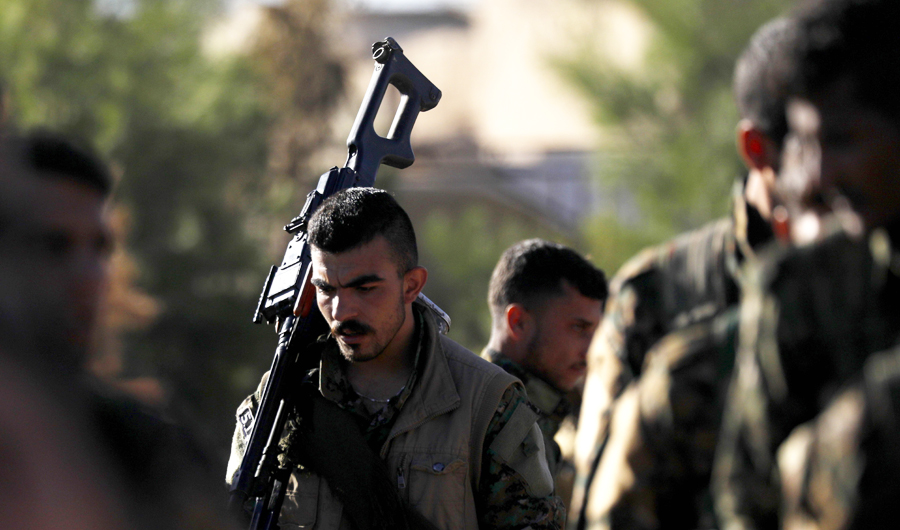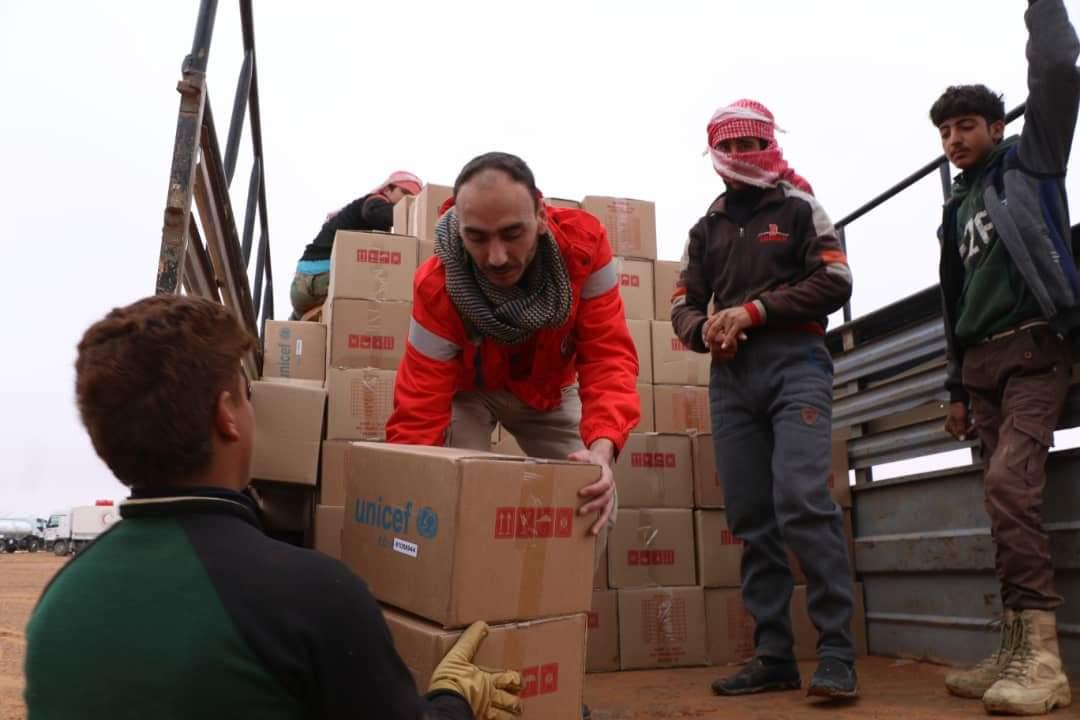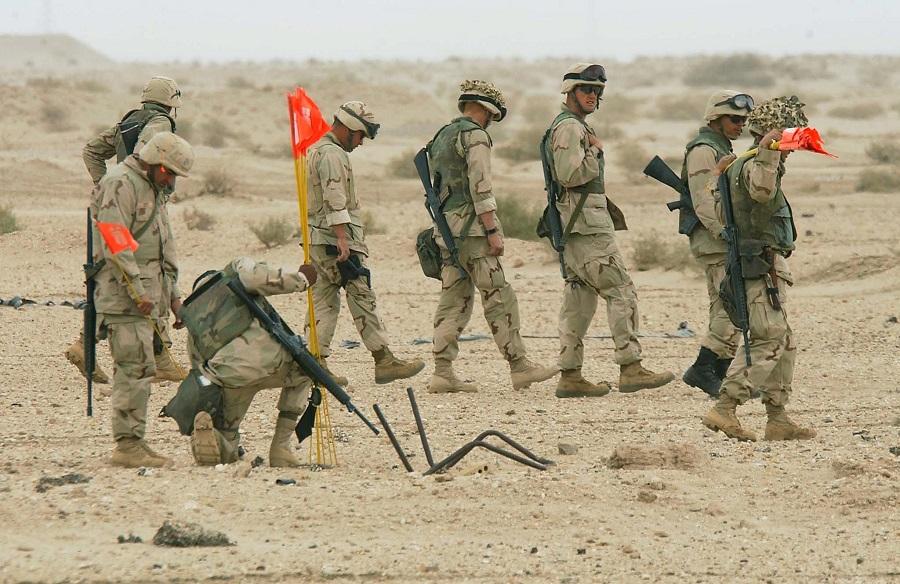International powers quietly shelve December plan for Libya election
TUNIS, CAIRO: The UN and Western powers have given up hope that Libya will hold elections in the immediate future, focusing on reconciliation first among rival factions locked in a cycle of conflict, diplomats and other sources said.
In May, France had persuaded major players in the North African country to verbally agree to elections on Dec. 10 as a way of ending repeated rounds of bloodshed between competing factions that emerged after a 2011 NATO-backed uprising.
But weeks of fighting between rival militias in the capital Tripoli and deadlock between rump parliaments in Tripoli and th¡e east has made that goal unrealistic, Western officials argue.
Shelving the plans for presidential and parliamentary elections is the latest setback for Western powers that helped topple Muammar Qaddafi seven years ago before stepping back and seeing hopes for a democratic transition crumble.
 Instead of pushing for a vote as a short-term goal, UN Special Envoy Ghassan Salame will focus in a briefing to the UN Security Council on Thursday on staging a national conference next year and fixing the economy, diplomats said.
Instead of pushing for a vote as a short-term goal, UN Special Envoy Ghassan Salame will focus in a briefing to the UN Security Council on Thursday on staging a national conference next year and fixing the economy, diplomats said.
The conference would aim to forge consensus in a country divided between hundreds of armed groups controlling mostly minimal territory, towns, tribes and regions.
Libya has two governments, a UN-backed administration in the capital and a largely powerless eastern version aligned with influential veteran commander Khalifa Haftar, whose forces control much of the east. Salame will also push again for economic reforms to end a system benefiting armed groups that have access to cheap dollars due to their power over banks.
There was no immediate comment from the Tripoli-based government or the eastern-based Parliament. Diplomats say delayed reforms introduced in Tripoli in September, including a fee on purchases of foreign currency, can only partially ease Libya’s economic woes as long as the central bank remains divided and predatory factions retain their positions.
The reforms have so far done little to improve conditions for ordinary Libyans hit by steep inflation and a cash crisis linked to the fall of the dinar on the black market.
For the militias, the sources said Salame would outline a new “security arrangement” for Tripoli aimed at depriving them of control of key sites and integrating their members into regular forces — something that has proved elusive in the past.
Salame is the sixth UN special envoy for Libya since 2011.
Talks to unify rival camps launched in September 2017, shortly after Salame took up his post, ground to a halt after one month with Haftar’s role a key sticking point. Many in western Libya oppose him, fearing he could use the position to seize power.
Haftar’s Libyan National Army says it is committed to the election process, in which Haftar himself is a possible candidate.
UN efforts to stabilize Libya have long been undercut by the divergent agendas of foreign powers.
The international community formally backs the transitional government in Tripoli, but Egypt and the UAE have lent Haftar support and European states including France courted the commander as his power grew.
France led the push for elections, believing it could benefit from helping fix the Libya conflict, before realizing the country was not ready for a vote, diplomats say.
“We have to accelerate the process, which is what Salame will say and push on with going to the ballot box,” a French official said. “The calendar on elections will slip, but that’s not a problem.”
France has vied for influence with Italy, which has sought to protect its oil and gas interests and stem the flow of migrants crossing the Mediterranean by building ties in Tripoli, where it is the only Western country to fully reopen an embassy.
Italy is hosting a conference in Palermo next week, where Salame’s roadmap will be discussed.
In recent weeks, Western powers and the UN have quietly stopped talking about the election in December, without formally declaring it dead.
“The idea is now that Salame will talk about a national conference and economic reforms so people hope the Dec. 10 date will quietly pass away,” said one source familiar with UN plans.
Elections remain the goal, but progress on the ground toward better governance and security were needed in place of “extended additional thinking sessions,” said a senior US administration official.
“I think pinning everything on a single date for an election has not proved a successful strategy,” the official said.
“We are personally less vested in a date than the quality of the election, and I do think we have some work to do.”

Phase two development of Libya’s Bahr Essalam gas field to finish by end 2018: NOCLibya strongman Haftar in Rome ahead of crisis talks



